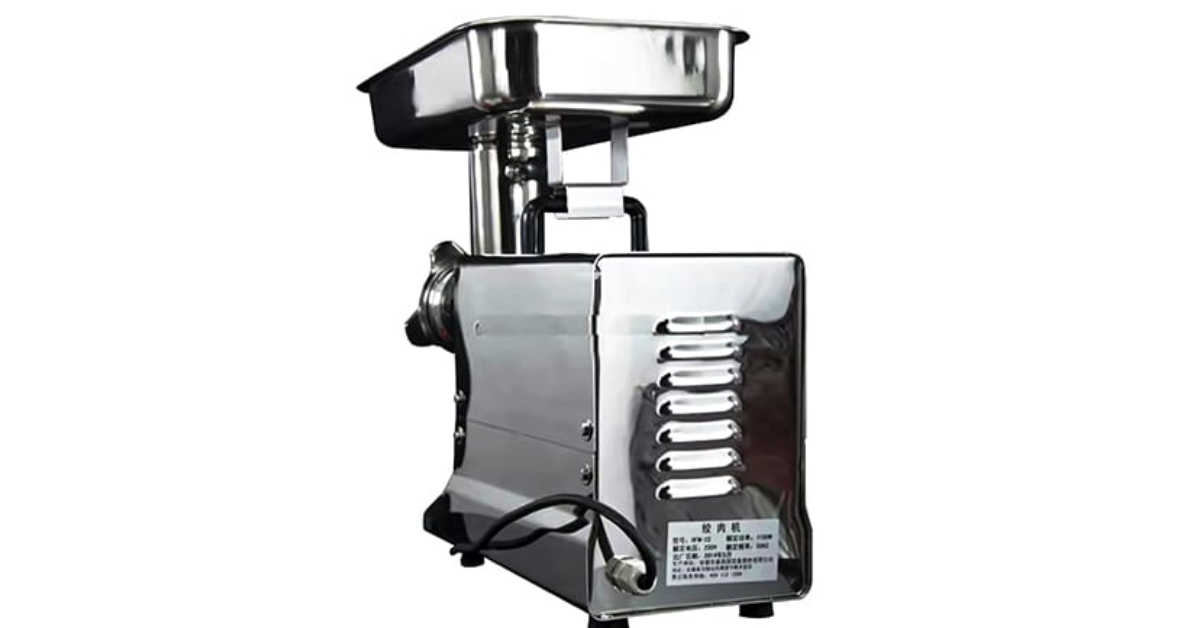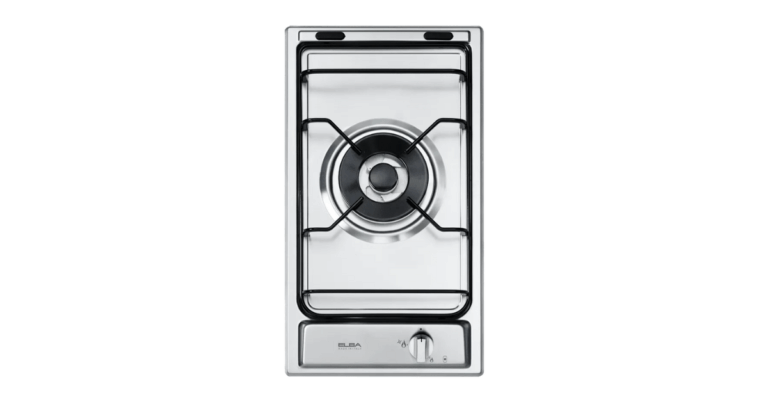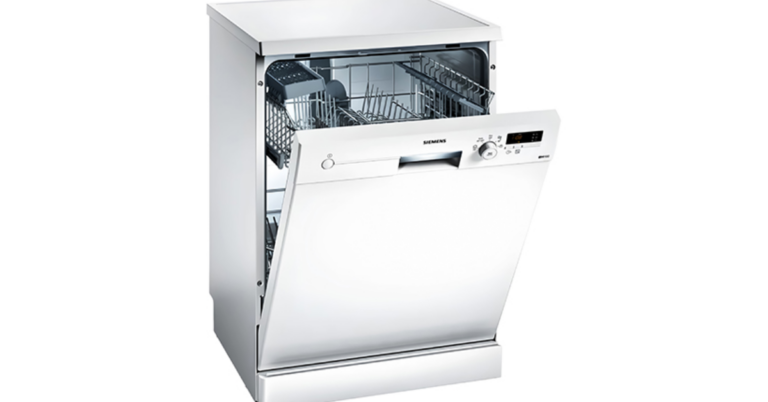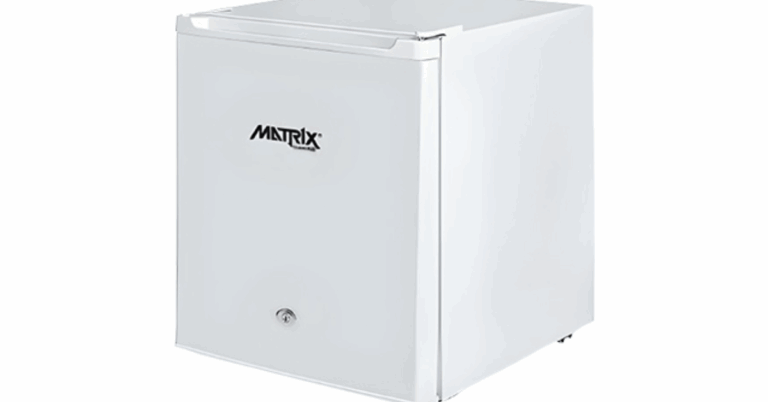Understanding Galleys in Marine and Cruise Ships
A galley is the designated kitchen area on a ship, designed to accommodate the unique challenges of cooking at sea. Galleys Marine must be compact, efficient, and equipped with specialized appliances that can handle constant movement, limited space, and high-volume meal preparation.
Importance of Well-Equipped Marine Galleys
Onboard catering is an essential part of maritime operations, ensuring that crew members and passengers receive nutritious and well-prepared meals throughout their journey. A well-equipped galley enhances efficiency, improves food quality, and ensures compliance with marine safety and hygiene standards.
Essential Equipment in Marine Galleys
A marine galley requires specialized equipment to function efficiently in a shipboard environment. Some of the key appliances include:
Cooking Appliances
Marine galleys are equipped with industrial-grade ovens, stoves, and grills that are designed to withstand the ship’s movement. These appliances are often built with safety features such as secure fastenings and spill prevention mechanisms.
Refrigeration and Storage
Proper food storage is essential for long voyages. Refrigerators, freezers, and cold storage units designed for marine use ensure food remains fresh, even in fluctuating temperatures. These units are built to operate efficiently with minimal energy consumption.
Food Preparation Equipment
Galley kitchens must handle large quantities of food preparation daily. High-performance meat grinders, slicers, and food processors streamline meal preparation and reduce manual labor. Marine-grade meat grinders, for instance, are essential for efficiently processing meats onboard while maintaining hygiene standards.
Dishwashing and Cleaning Systems
Maintaining hygiene in a galley is crucial. Marine dishwashers, sinks, and sanitation systems ensure that kitchen utensils and surfaces remain clean, preventing contamination and foodborne illnesses.
Ventilation and Fire Safety
Given the risks associated with cooking in an enclosed environment, marine galleys require advanced ventilation systems and fire suppression mechanisms. These systems help maintain air quality and ensure quick response in case of emergencies.
Considerations When Choosing Marine Galley Equipment
Durability and Corrosion Resistance
Marine environments expose equipment to salt, humidity, and continuous use. Galley appliances should be constructed from stainless steel and other corrosion-resistant materials to withstand harsh conditions.
Space Optimization
Given the limited space available on ships, galley equipment should be compact and multifunctional to maximize efficiency without compromising functionality.
Energy Efficiency
Ships have restricted power supply capabilities, making it crucial to choose energy-efficient appliances that consume less electricity while delivering optimal performance.
Compliance with Maritime Standards
All galley equipment must adhere to marine safety and hygiene regulations, ensuring that they meet industry standards for onboard catering.
Conclusion
A fully equipped marine galley is essential for efficient food preparation on cruise ships and commercial vessels. By investing in high-quality, durable, and energy-efficient appliances such as meat grinders, refrigeration units, and cooking equipment, ship operators can enhance kitchen productivity while ensuring the safety and well-being of passengers and crew.







